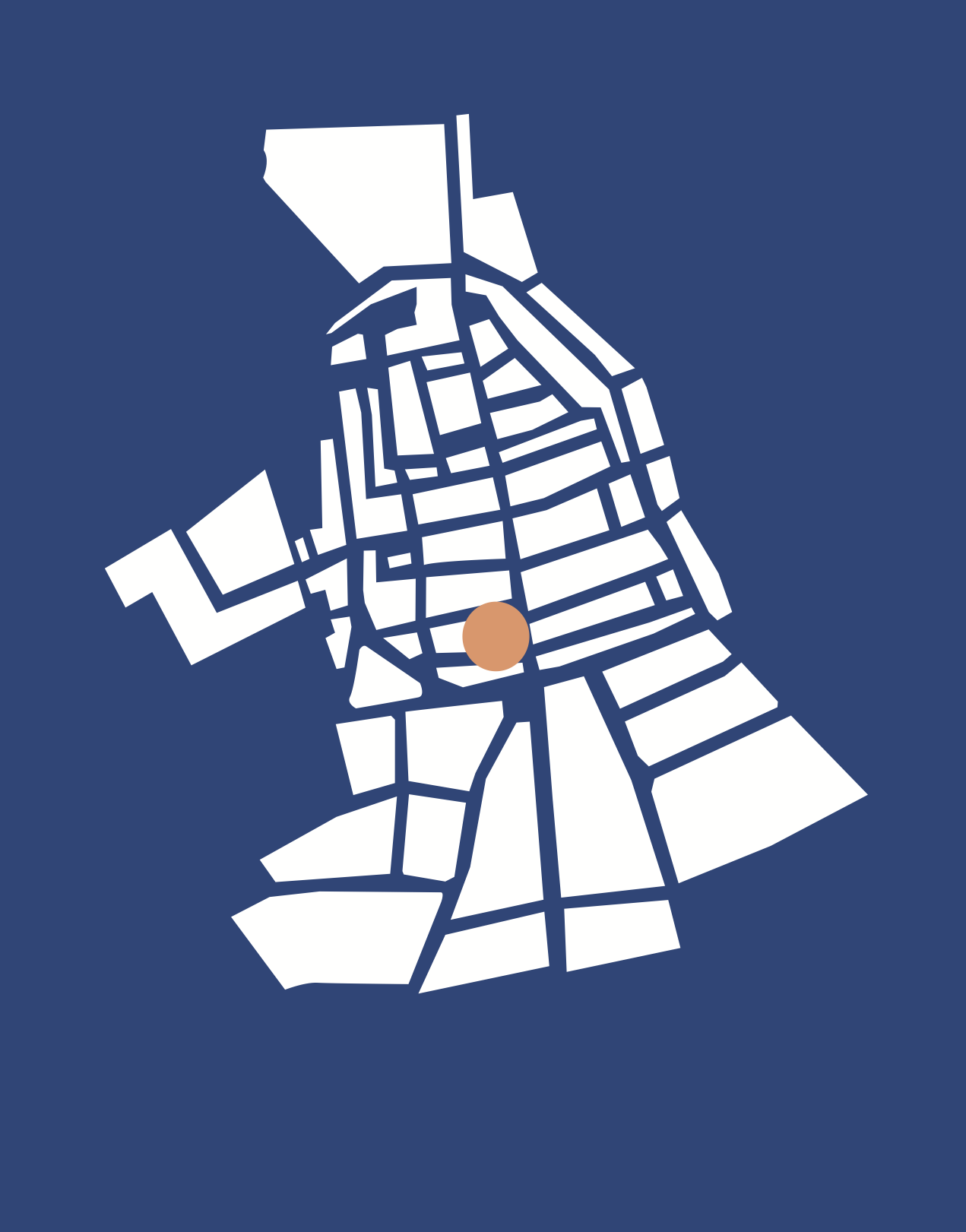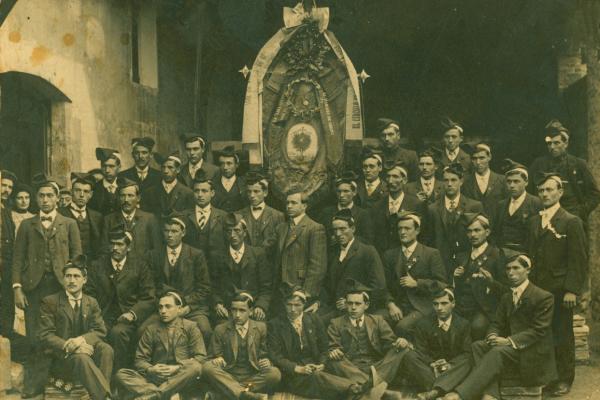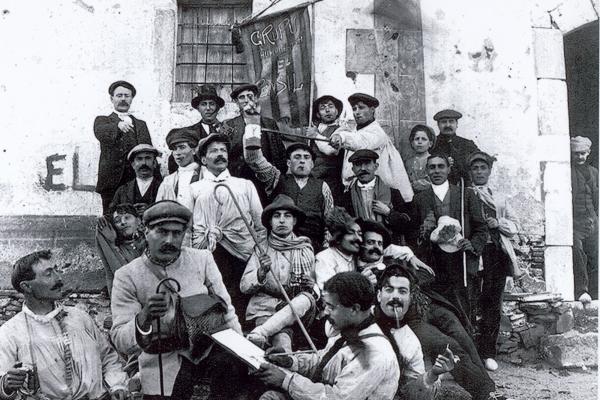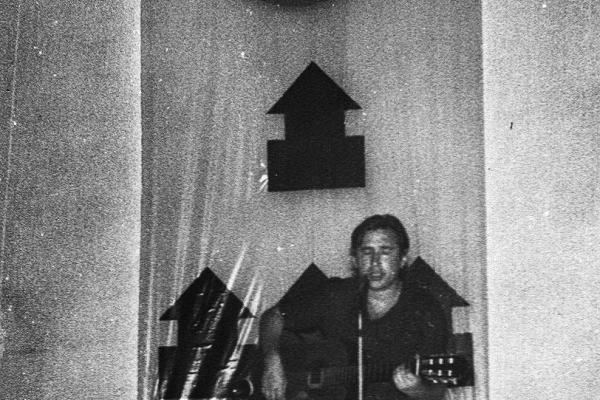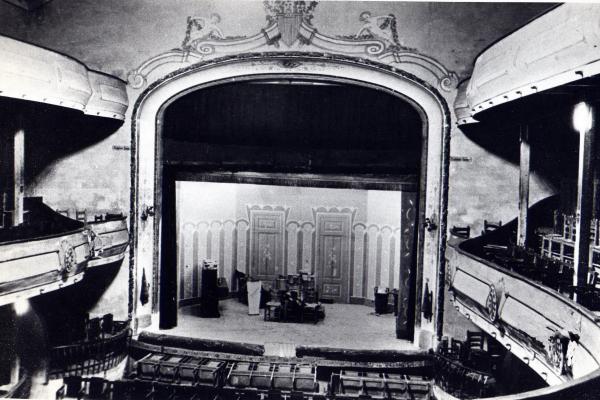The Ateneu (Atheneum) El Lauro, popularly known as “the Casino”, is the town’s most significant recreation centre in the history of La Selva’s associations. Since its foundation in 1878, it has hosted most of the town’s cultural activities throughout the twentieth century.
Keywords: local associations, 19th century, 20th century.
The new spaces for social cohesion: casinos and cafés
In the nineteenth century, one way of socialising was in casinos and cafés. One could read the newspapers and join in political discussions. This type of organisation came into existence in La Selva from 1861 onwards with Casino Silvense and Casino Artesano. Though over the years, others appeared, such as La Tranquilidad in 1866.
The Ateneu El Lauro
In 1878, the Ateneu El Lauro opened its doors, building on the experience of earlier recreation centres. Its aim was to offer its members a space to relax and to stay abreast of current affairs in the press. Various choral and musical groups would form around it, as would comedy groups like El Pensil.
Consolidation and tensions within the Casino
During the second decade of the twentieth century, the Ateneu was gradually consolidated as one of La Selva’s backbone entities. The number of its members increased, causing tensions between some members and the conservative management group, linked to the seats of local power: the Council and the Agrarian Union. This opposing sector split off to form the Defensa Agrària (Agrarian Defence), uniting the sectors hostile to the local powers. With the proclamation of the Second Spanish Republic in 1931, the Ateneu remained loyal to the conservative beliefs with which it had come into being, while the Agrarian Defence aligned itself with republicanism, Catalan nationalism and the workers. In 1936, after the coup d’état and ensuing revolution, the Ateneu was confiscated and turned into the Escola Nova Unificada (New Unified School) and the International Red Aid.
The Ateneu under Franco: from a tool of the regime to the heart of the fight against Franco
During the initial years of Franco’s dictatorship, the Ateneu became a tool for broadcasting the new regime’s nationalistic Catholic values while continuing to offer diverse performances. In the 1970s, a new generation took over the reins, offering recitals linked to the new Catalan song style, Nova Cançó, while organising the Congress of Catalan Culture in August 1977. In pursuit of this dynamic, with intense political activity, the entity hosted several meetings of the leaders of the main Catalan forces in opposition to the Franco regime.
In the decade from 1980 to 1990, the Ateneu remained an organisation open to the population, offering the use of its auditorium for popular events. While continuing to screen films and even though a group of members struggle to keep the entity alive, in the early twenty-first century, it is no longer the tool for social cohesion it was for over a century.
